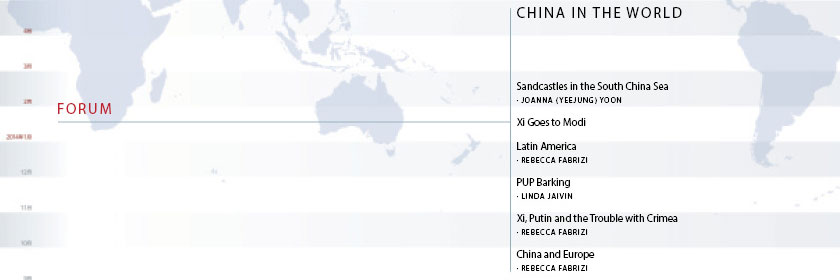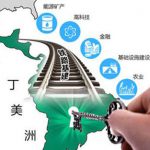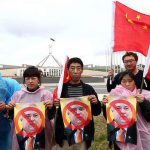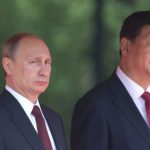Sandcastles in the South China Sea
by Joanna (Yeejung) Yoon
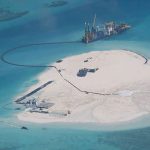
ACCORDING TO WESTERN media reports and official sources in the Philippines and Vietnam, China is building artificial islands on reefs and protruding rocks in the South China Sea to bolster its territorial claims. In response to questions at a Foreign Ministry press briefing on 6 June 2014, spokesman Hong Lei 洪磊 said, ‘Anything China does on any of the islands or atolls is within its sovereign rights’.


